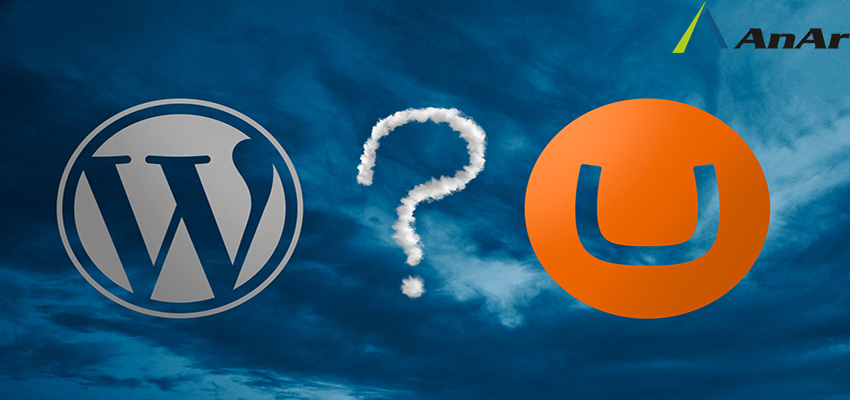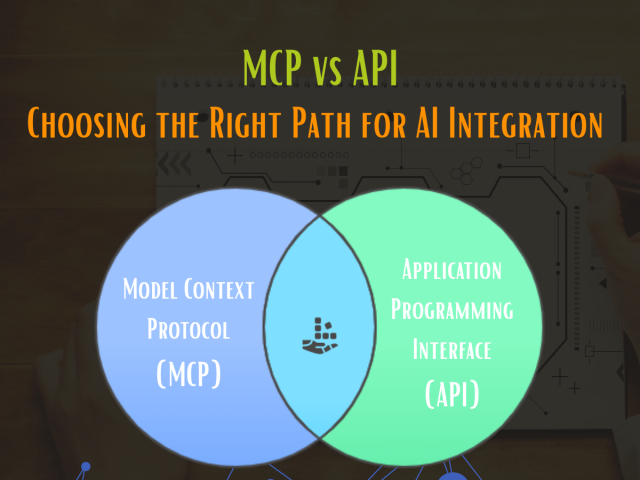Always remember to research a CMS before investing time in it. Choosing a content management system (CMS) for your website can be a very difficult process that has you constantly changing your mind between the many different solutions available. This can be down to features provided, the pros and cons of each system and the cost of hosting the solution. Never forget that the main purpose of a CMS is to make creating and editing content simple and easy. Never sacrifice the user experience for functionality. Remember these things and it will drastically improve your experience with Content Management Systems. However the first question you should be asking yourself before you consider any CMS is “What am I trying to achieve? – What is my purpose? ”
The CMS you use shouldn’t dictate your design and development process, it should be able to adapt to your vision and or your business needs.
In this article we are going to look at two of the most popular CMS’s used and see which would be more suitable for your needs. We will compare two CMS’s that AnAr have experience of developing in both Umbraco and WordPress. Umbraco is an open source content management system written in C# and is based on Microsoft .Net platform. It offers extensive customizable options for developers to uses in any type of website or complex applications.
WordPress is an open source content management system based on PHP platform and is predominantly used for creating blogging sites as well as small websites. A huge number of plugins and templates are available in the marketing which makes it a favorite choice for developing small and medium sized websites.
Both Umbraco and WordPress are content management systems which offers a wide range of features and flexibility, each CMS has have its own merits and demerits however as mentioned earlier it’s what you’re trying to achieve that should be the major influence in your decision. Let’s compare both solutions.
When to choose WordPress?
WordPress is a simple, easy to understand CMS which uses PHP and MySQL technologies and so is less expensive to deploy. As a free, open-source platform, it offers thousands of options for expansion and customization, whether through themes and plug-ins or custom code.
The interface is easy to understand, you won’t need a book for it, although buying a “WordPress for Dummies” – book will save you some time if you have no experience with blog management at all. Adapting the look requires some knowledge of CSS, the style sheet language.
WordPress website gives you the most control of any free blogging platform that have seen. For websites with simple functions that needs to be deployed with lesser turnaround time WordPress is the best choice. It is supported by a large community of designers and developers who create templates and plugins for websites. It is best suited for websites that have frequent updates and hence is largely accepted for blogging sites. By integrating the readily available templates and plugins a WordPress site can be easily created, however the design customization is largely limited to the design template as well as the plugins. As the plugins and templates are developed by third party developers, the chances of developing a security issue or a threat cannot be ignored.
WordPress is the best choice for the following scenarios
-
When the hosting server is Unix/MySQL
-
The requirement is for a simple website with frequent/regular updates
-
For websites where security is not a major priority and most of the content is public
-
The content management team is of small size
When to choose Umbraco?
Umbraco is a fully-featured open source content management system with the flexibility to run anything from small campaign or brochure sites right through to complex applications for Fortune 500’s and some of the largest media sites in the world and that it’s free. It is based on .Net technology and hence web deployment costs more that than for WordPress. Umbraco is developed on ASP.NET platform, which is popular among professional programmers and is one of the most frequently used in the Internet along with JSP and PHP. Such notions as themes and skins, that to a much extent limit web-developers possibilities, are not basic here. Everything a developer can do with ASP.NET master-pages tools, HTML, CSS is available in Umbraco development. It offers high flexibility in terms of design and functionality and is much preferred by developers for creating complex websites and applications. The community of developers that support Umbraco keeps updating the technology and so the growth of Umbraco CMS has been consistent. The content editing tools available with Umbraco give full control of the website to the user.
Umbraco is the best choice for the following scenarios
-
When the hosting server is Windows/MSSQL
-
Requirement is for large sites with complex features and functionality
-
For website and applications where security is a major priority
-
Content is managed by a large team
From an SEO point of view, plugins are available for WordPress to optimize the content and for Umbraco the SEO friendly content can be easily managed within the CMS. The ultimate decision on which technology to be use is based on the purpose of the website or the requirement. Both Umbraco and WordPress has the power to accommodate different features and functions however, each has its own specialties which makes developers want to use a particular CMS for a particular requirement. At the end, we have to remember – what is our purpose?
Author : Somnath Swami





